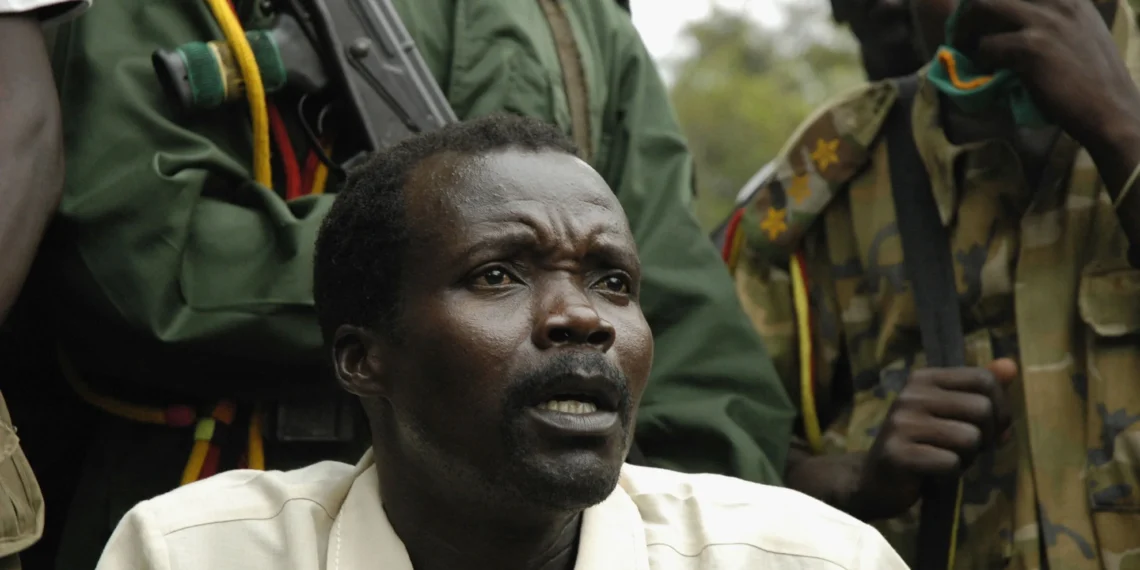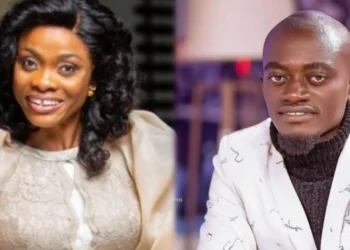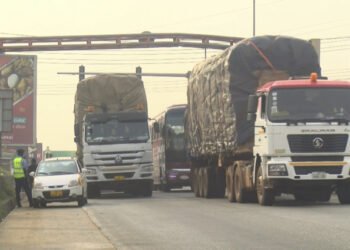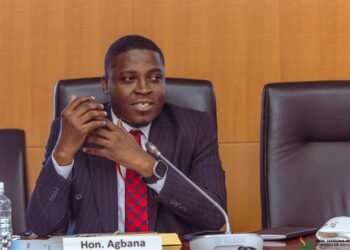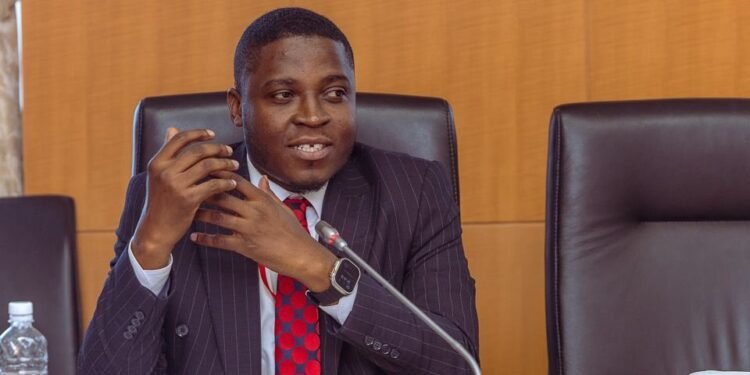Appeals judges at the International Criminal Court (ICC) have officially sanctioned the tribunal’s first-ever hearing to proceed without the presence of the accused, paving the way for a landmark in-absentia proceeding against Ugandan rebel leader Joseph Kony.
This ruling marks a significant turning point for international justice efforts targeting fugitives who have long evaded arrest. The ICC, based in The Hague, has scheduled a confirmation of charges hearing for September, where prosecutors will present evidence to support allegations of war crimes and crimes against humanity against Kony, even though his location remains unknown.
Joseph Kony, founder and commander of the brutal Lord’s Resistance Army (LRA), has been on the ICC’s wanted list for over 18 years. He faces dozens of serious charges, including murder, rape, sexual enslavement, and the conscription of child soldiers. His rebel group terrorized regions across Central Africa, leaving a legacy of violence and trauma that still reverberates today.
While the ICC’s legal framework does not allow full trials in absentia, exceptions exist for preliminary hearings, such as confirmations of charges, when the accused is unavailable. In this case, court-appointed defense lawyers attempted to halt the process, arguing that Kony’s right to a fair trial would be compromised if proceedings moved forward without him.
However, ICC Judge Erdenebalsuren Damdin dismissed these objections, stating that the court had “adequately robust safeguards” in place to protect the rights of absent suspects during this phase of the legal process.
The decision has drawn significant attention, especially as the ICC faces questions about how to proceed with other high-profile cases involving absentees, such as Israeli Prime Minister Benjamin Netanyahu and Russian President Vladimir Putin. Yet, legal analysts are emphasizing that the Kony ruling should not be viewed as a blanket precedent.
“This doesn’t mean the court will now try any absent suspect,” said Luigi Prosperi, an international criminal law expert at the University of Utrecht. Prosperi explained that Kony’s situation is unique because he has actively evaded ICC custody for years and cannot be located, despite major international efforts.
Kony gained worldwide infamy in 2012 after the viral success of the documentary campaign “Kony 2012,” which shed light on his crimes and spurred global demands for his capture. Nonetheless, over a decade later, he remains elusive to justice.
LRA’s Emergence
The LRA first emerged in the 1980s during Kony’s attempt to topple the Ugandan government. Though the militia was eventually expelled from Uganda, its fighters spread violence across the Democratic Republic of Congo, the Central African Republic, and South Sudan. Known for mass abductions, mutilations, and the forced conscription of children, the LRA’s brutality shocked the international community.
One of Kony’s most infamous protégés was Dominic Ongwen, a former child soldier who rose through the LRA ranks to become a senior commander. Ongwen’s case offers a grim glimpse into the LRA’s internal mechanisms. He was abducted at age 9 and later became responsible for some of the group’s most heinous attacks on displacement camps in northern Uganda.

In 2021, Ongwen was convicted by the ICC of war crimes and crimes against humanity, including murder, forced marriage, and sexual slavery. Although absent during his reparations hearing, the court found him liable.
Despite his lack of resources, reparations for Ongwen’s victims will be covered by a special ICC trust fund supported by member states. His defense lawyers argued he had also been a victim of the LRA’s cruelty. However, the presiding judge ultimately concluded that Ongwen was “a fully responsible adult” at the time of his crimes.
The Kony confirmation hearing scheduled for September will test how far international justice can go in the face of impunity and absence. It will also renew global attention on a warlord who has eluded capture for decades and continues to symbolize the unresolved scars of a forgotten conflict.
READ ALSO: Ghana Secures ¥402 Million Japanese Grant for Human Development

